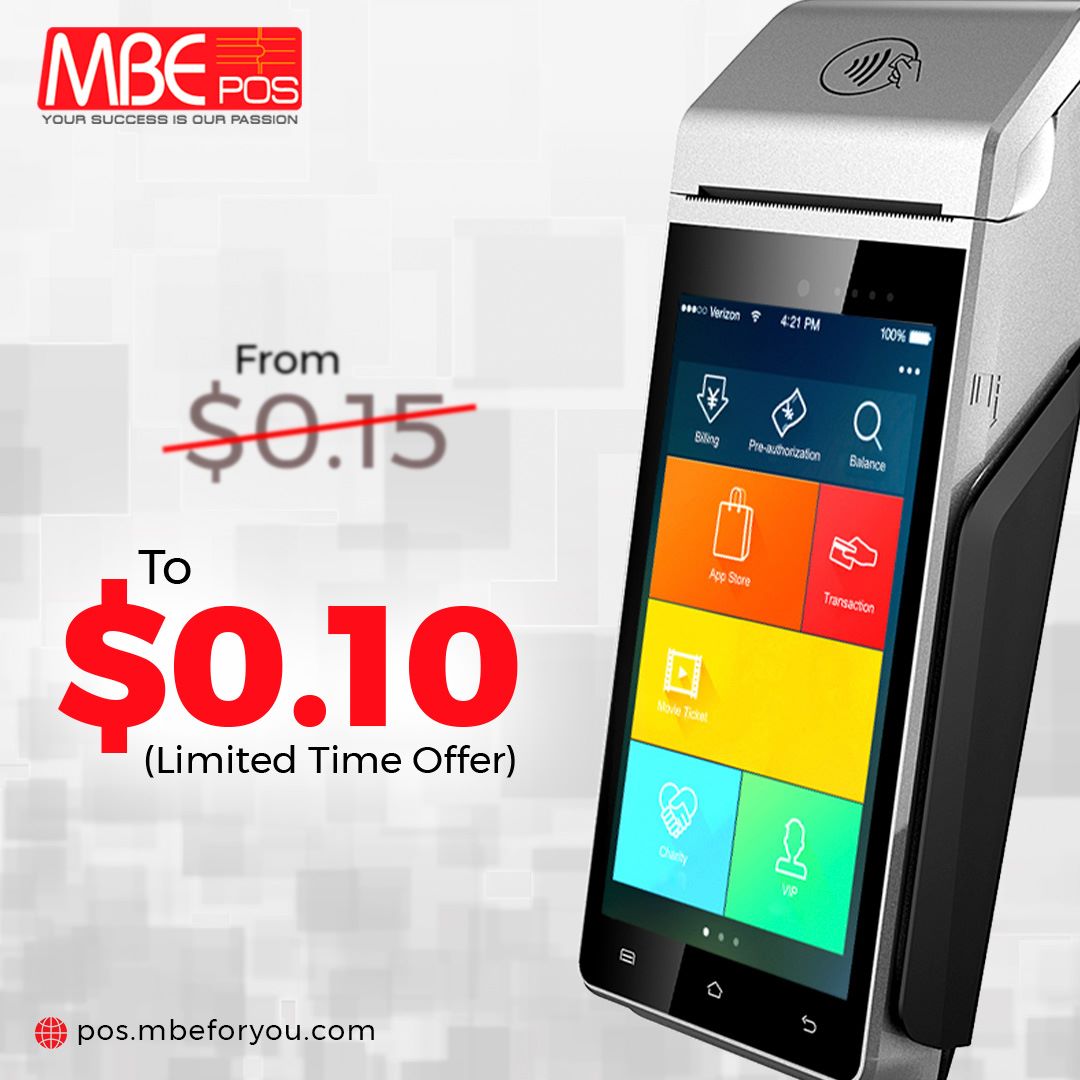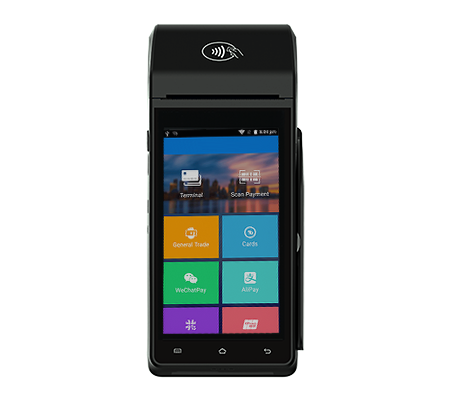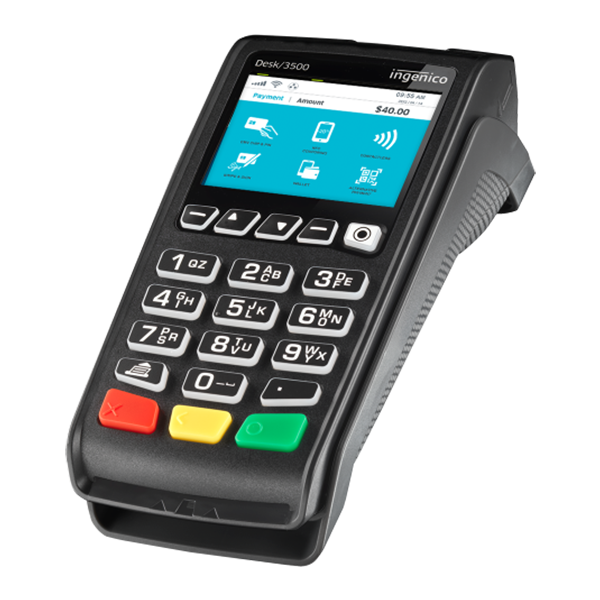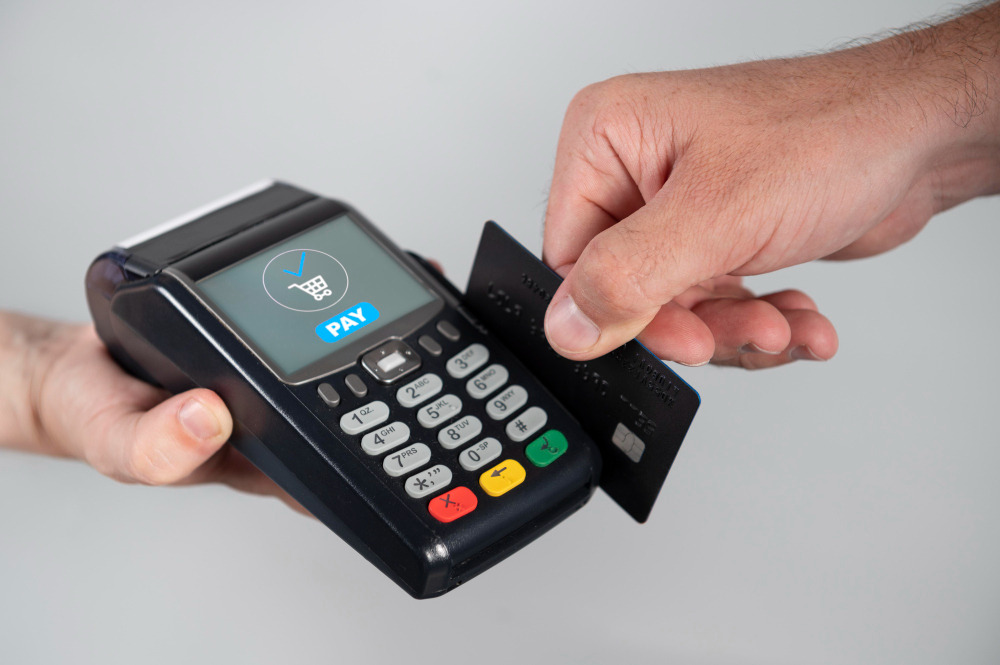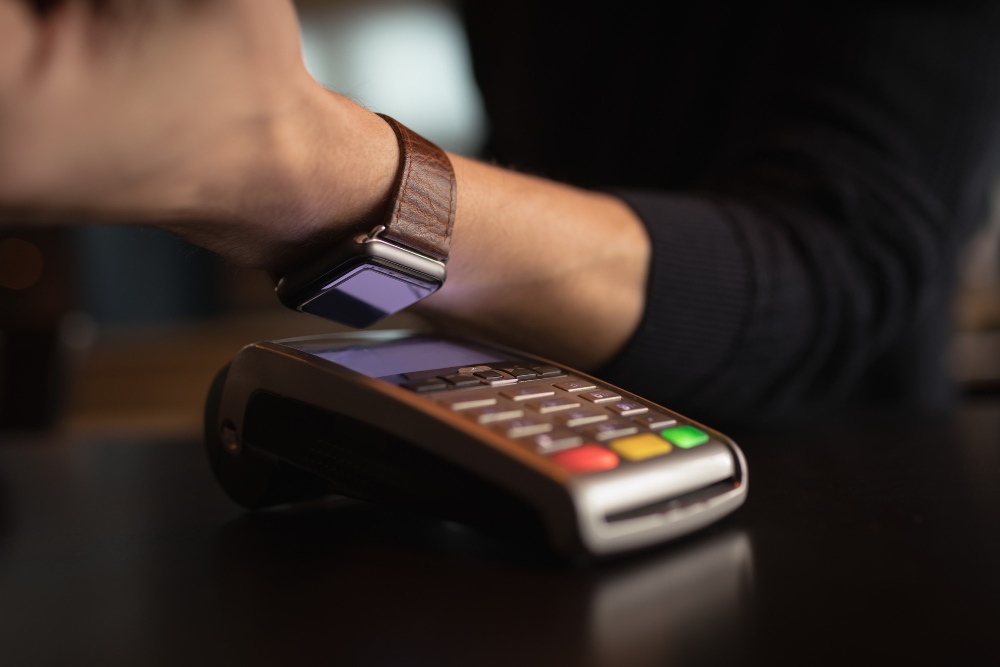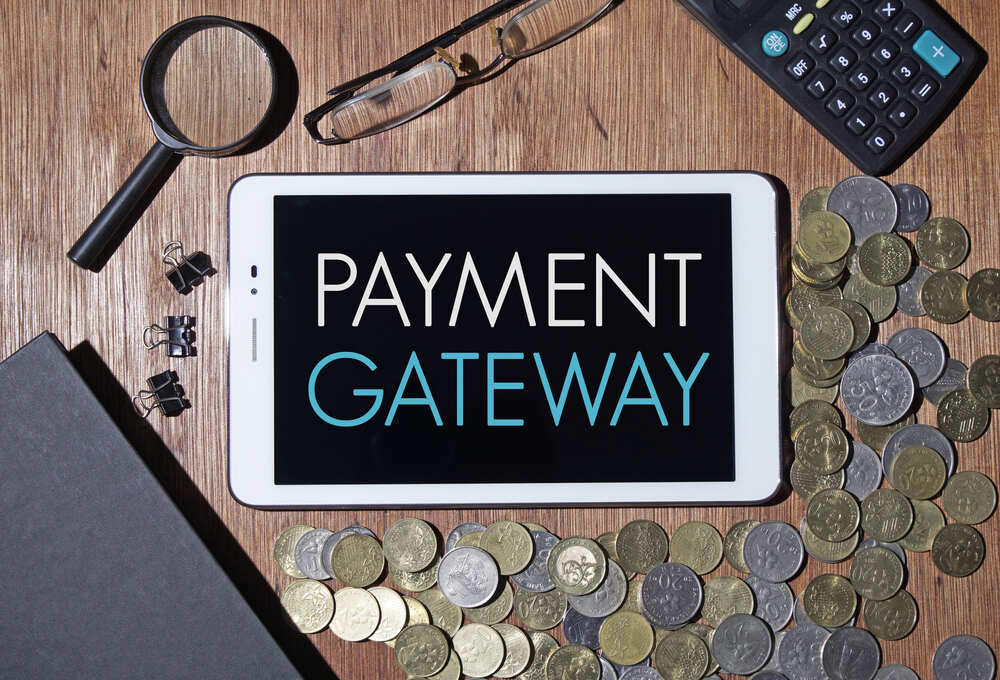As a merchant, you love that your sales increase and you are to get some extra profit. However, what you need to realize is that with great sales comes a great risk of security breaches. The Payment card industry- PCI has set a data security standard to protect cardholders-customers and merchants’ data.
The merchants and businesses are therefore bound to get compliant with PCI DSS in the first place to ensure customers’ data safety. The retailers abstaining from this might face fines and bans.
If you are a merchant and want to make your business pci dss compliant, refer to this blog post to see a step-by-step guide.
Building A Secure Network
The first step in heading towards pci compliance is to protect your system and maintain strong security around your system. Protecting your system with regularly tested firewalls, enabling end-to-end encryptions and tracking malware activities helps plenty.
In addition, businesses need to change vendor-supplied passwords of any hardware or software immediately to unique and secure passwords. On top of that, merchants are supposed to update their passwords after every 90 days.
Ensuring Cardholders’ Data Safety
The second step of becoming PCI Compliant is ensuring customers’ data safety. For this, businesses need to refrain from storing customers’ data. As a merchant, don’t accumulate personal information like pins and passwords of customers physically or digitally.
If the data is being stored, buildup firm security around your database, use authorizations and other updated security measures to access that data and try to minimize the access to only a few.
Monitor the transfer of all data and keep access to track the data history so that no data transfer goes unnoticed, which can lead to security breaches later on.
Setting up vulnerability measures
Protecting your system and database in advance is better than reacting to a security breach. Businesses need to take measures that cover their systems if there are any vulnerabilities. The underlying step is to get your system equipped with an updated and 360-degree protected antivirus, followed by scanning all your software, credit card machines, and other software.
Also, look over the updates of your service provider to stop security breaches. Besides this, keep updating your antivirus, and test your system regularly to detect new viruses and immediately report any malware activities to the security team.
Preventing Access Control
The customers’ data is quite confidential; businesses should not store it. However, if they store for various purposes, access to that data must only be limited to authorized personnel.
Businesses should provide unique IDs and passwords to the employees who have access to that sensitive data, and the passwords need to be reset regularly.
The payment gateway providers, i.e. vendors, are the main stakeholders in limiting access to data, and it’s their responsibility rather than the businesses. However, payment processing companies act as third parties but still need to provide a high level of security.
Methodical Surveillance and testing of networks
The best practice to protect your system is to have a synchronized system for proper testing of the system.
The synchronized system allows you to monitor who accesses the date and when. However, if there are any breaches or threats of breaches within a synchronized system, you, as a business owner, can access the system and prevent suspicious activities.
Regular monitoring and testing of the system ensures that the system is functional, enhanced and protected. A regular check is a must whether it is an internal system, hardware machines, system software, digital wallets or payment processors.
The Payment card industry data security standard- PCI DSS is just a set of protocols businesses, and merchants need to follow, and it’s not that hard to achieve. At the same time, data security is essential for both customers and merchants. Therefore a little laxity in this can lead to security breach blunders.
Apart from this, the merchants failing to meet the standards can be fined and can face license cancellation as per the rules of PCI.
However, if you own a business and want a pre-secure system for risk-free transactions, you must ask your service provider. If your service provider doesn’t cooperate, then switch to MBE POS.
MBE POS
It won’t be wrong to say MBE POS defines merchant meaning in the true sense. MBE POS directs businesses to be self-reliant by empowering them at the point of sale. Whether a business needs an ATM at the point of sale, payment gateways, payment processors, or a full-fledged service window MBE POS caters to all.
Furthermore, all the MBE POS software empowering the POS systems complies with PCI DSS, so the merchants don’t have to worry about the customers’ data safety. This allows businesses to spread their wings without fretting about data security.
Conclusion
Payment card frauds are quite common in modern-day shopping with credit cards. Many incidents exist where people get charged on their cards without initiating the transaction. Also, they don’t receive a chargeback even after filing a complaint.
Therefore the payments card industry- PCI obligate the merchants to comply with their data security standard to ensure the customers’ data safety.
Merchants shying away from this set of protocols would eventually lose customers’ trust and might face severe consequences.
Therefore, merchants need to comply with this data security standard, and if they seek guidance on achieving it, this blog post will help plenty.



